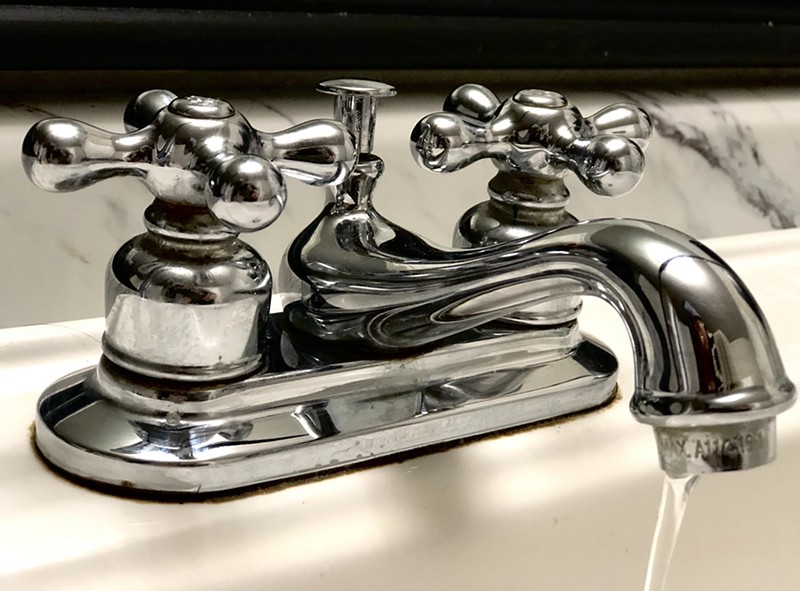Excessive water consumption left the city’s water storage tanks unable to refill. “Consequently, the city will be without water by early morning,” the notice to residents said.
On top of record-high temperatures and drought conditions covering nearly the whole state, Gunter is working with a fraction of its typical water supply. The city usually gets its water from three wells, but mechanical problems have put two of them out of commission until needed repairs can be completed.
The three wells supply enough water to accommodate about 2,000 homes. There are about 800 homes in the city. So, in theory there’s plenty, but problems start when wells go offline. The extreme heat and increased demand pushed two of the wells to their limit.
The day the city was expected to run out of water came with slightly better news. The one well that was online was supporting the city’s water needs, but residents were still asked to conserve as much as they could. Friday morning, the city said it still had enough water from its only operational well and was getting more resources from the city of Sherman.
Gunter usually gets help from the Mustang special utility district during water supply emergencies like the current one. But the district is in its own water supply pickle, and is asking customers to reduce consumption. That means there isn’t enough to go around for others, like those in Gunter.“Virtually every city in the north Dallas area has imposed water restrictions due to the extreme heat wave." – Rick Chaffin, city of Gunter
tweet this
If the city experiences a fire emergency, which could stress its water supply even further, the Grayson County Tender Task Force will be called on for assistance. Gunter also has agreements with neighboring fire departments that would bring water tanker trucks and other support in the event of a fire emergency.
Contractors are working at the two inoperative water wells to get them up and running again. Repairs to one could be completed by the middle of next week. The completion date for the other well is still unknown. In the meantime, residents have been asked to stop all outdoor water use and use water indoors only for hydration and hygiene purposes.
In a letter to residents last week, Rick Chaffin, Gunter’s city manager, said the situation was “disappointing, frustrating, and frankly, embarrassing.”
“I fully recognize and immensely regret the inconvenience of implementing water restrictions,” Chaffin said in his letter. “Virtually every city in the north Dallas area has imposed water restrictions due to the extreme heat wave. And, unfortunately, like Gunter, other cities are also experiencing failures.”
Since he became city manager in 2020, Chaffin said he has recognized that Gunter can’t rely on water wells, especially if it wants to keep up with population growth in the area. “A long-term, sustainable solution has been identified and will be proposed to the city council soon,” Chaffin said. “This solution will ensure a reliable source of water that will meet the current and future needs of the city and will be sustainable for future growth.”
Speaking with the Observer by phone late Friday afternoon, Chaffin said the city's current water infrastructure is "not prepared for the tsunami of growth" expected in Texas over the next few years. That's why he's working on a plan to pitch to the city council sometime in August.
Increased water demand has caused problems for other North Texas cities this month as well. A water treatment plant in Wylie was taken offline earlier this month for “critical maintenance,” leading the North Texas Municipal Water District to ask customers to limit water use. Peak demand drove the water treatment process to run less efficiently, putting a strain on the supply.
The population in Dallas-Fort Worth alone is expected to double to 14.7 million by 2070. With population growth expected across the state, local governments are looking for ways to satisfy the water demand that will come with it.












